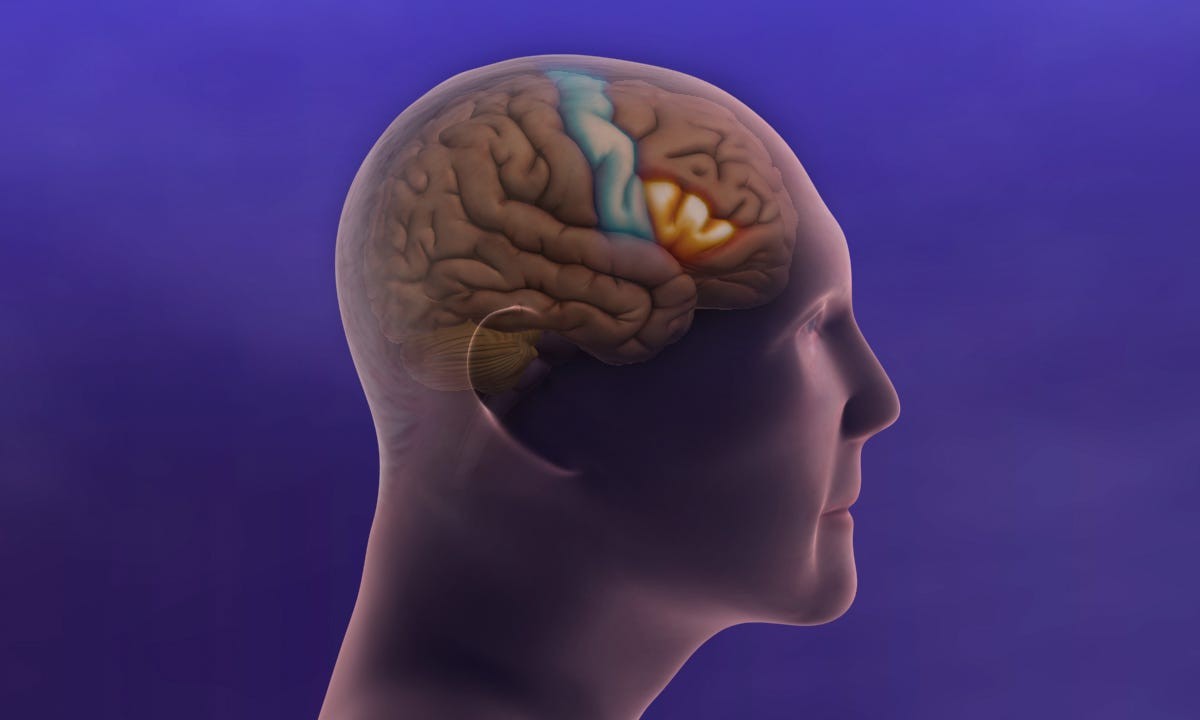
Paracusis is a fascinating auditory phenomenon where sounds are perceived differently than they actually are. Ever wondered why someone with hearing loss might hear better in noisy environments? That's paracusis at work! This condition can be puzzling, but understanding it can help those affected manage their experiences better. From its causes to its effects, there’s a lot to learn about this auditory quirk. Whether you're curious about the science behind it or looking for ways to support someone with paracusis, this blog post will cover 26 intriguing facts that shed light on this unique hearing condition. Buckle up for an ear-opening journey!
What is Paracusis?
Paracusis is a type of hearing disorder where sounds are perceived abnormally. This condition can be quite perplexing for those who experience it. Let's dive into some fascinating facts about paracusis.
-
Paracusis can make it difficult to distinguish between different sounds, leading to confusion in noisy environments.
-
People with paracusis may hear sounds that aren't actually present, a phenomenon known as auditory hallucinations.
-
This condition can be caused by various factors, including ear infections, head injuries, or neurological disorders.
-
Paracusis is often associated with other hearing impairments, such as tinnitus or hyperacusis.
-
Some individuals with paracusis may experience a delay in hearing sounds, making it challenging to follow conversations.
Types of Paracusis
There are different types of paracusis, each with its own unique characteristics. Understanding these types can help in identifying and managing the condition.
-
Paracusis of Willis is a type where individuals hear better in noisy environments compared to quiet ones.
-
Paracusis of Diplacusis involves hearing a single sound as two distinct pitches, creating a dissonant effect.
-
Paracusis of Recruitment is characterized by an abnormal increase in the perceived loudness of sounds.
-
Paracusis of Hyperacusis involves an increased sensitivity to normal environmental sounds, making them seem unbearably loud.
-
Paracusis of Presbycusis is age-related hearing loss that can lead to difficulties in understanding speech.
Causes of Paracusis
Various factors can contribute to the development of paracusis. Identifying these causes can aid in finding appropriate treatments.
-
Ear infections, such as otitis media, can lead to temporary or permanent paracusis.
-
Head injuries, especially those affecting the auditory pathways, can result in paracusis.
-
Neurological disorders, like multiple sclerosis, can disrupt the brain's ability to process sounds correctly.
-
Exposure to loud noises over time can damage the inner ear, leading to paracusis.
-
Certain medications, including some antibiotics and chemotherapy drugs, can have ototoxic effects, causing paracusis.
Symptoms of Paracusis
Recognizing the symptoms of paracusis is crucial for early diagnosis and treatment. Here are some common signs to look out for.
-
Difficulty understanding speech, especially in noisy environments, is a common symptom of paracusis.
-
Hearing sounds that aren't present, such as ringing or buzzing, can indicate paracusis.
-
Experiencing a delay in hearing sounds, making it hard to follow conversations, is another symptom.
-
Sensitivity to loud noises, causing discomfort or pain, can be a sign of paracusis.
-
Hearing a single sound as two different pitches, creating a dissonant effect, is a symptom of diplacusis.
Treatment Options for Paracusis
While paracusis can be challenging to manage, various treatment options are available to help improve hearing and quality of life.
-
Hearing aids can amplify sounds, making it easier for individuals with paracusis to hear and understand speech.
-
Cochlear implants may be an option for those with severe hearing loss and paracusis.
-
Medications, such as corticosteroids, can help reduce inflammation and improve hearing in some cases.
-
Sound therapy, including white noise machines, can help mask unwanted sounds and reduce the impact of paracusis.
-
Cognitive-behavioral therapy (CBT) can help individuals cope with the psychological effects of paracusis.
Living with Paracusis
Living with paracusis can be challenging, but with the right strategies and support, individuals can lead fulfilling lives.
- Joining support groups can provide a sense of community and help individuals share experiences and coping strategies.
Final Thoughts on Paracusis
Paracusis, a fascinating auditory phenomenon, affects how people perceive sounds. Understanding its causes and symptoms can help those experiencing it seek appropriate medical advice. From the eerie sensation of hearing echoes to the challenges of distinguishing sounds in noisy environments, paracusis can significantly impact daily life. Knowing more about this condition can foster empathy and support for those affected. If you or someone you know experiences unusual hearing patterns, consulting a healthcare professional is crucial. Early diagnosis and treatment can improve quality of life. Stay curious and informed about the world of hearing disorders. Knowledge is power, and being aware of conditions like paracusis can make a difference. Thanks for joining us on this journey through the intriguing world of paracusis. Keep exploring, stay informed, and never stop learning.
Was this page helpful?
Our commitment to delivering trustworthy and engaging content is at the heart of what we do. Each fact on our site is contributed by real users like you, bringing a wealth of diverse insights and information. To ensure the highest standards of accuracy and reliability, our dedicated editors meticulously review each submission. This process guarantees that the facts we share are not only fascinating but also credible. Trust in our commitment to quality and authenticity as you explore and learn with us.
